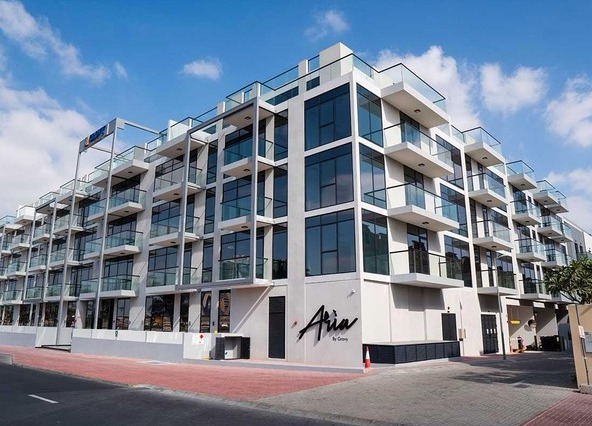From next year, the UAE will impose a federal tax on company earnings. Because of its tax-free environment, the country has attracted many enterprises and international organisations. Corporate organisations, on the other hand, will be assessed taxes for the first time. The tax rate has been set at 9%, the lowest among all GCC countries, in order to retain its attractiveness to international businesses. If a company earns more than AED 375,000 in profit, it must pay the tax.
This decision was made to bring the country into line with current international norms and the global trend of levying a minimum tax on corporations. The UAE also confirms its commitment to tax transparency with this new corporate framework.
This new tax will go into effect in June 2023. This new tax will not affect companies operating in free zones if they only do business in free zones.
According to the global financial watchdog, the UAE was considered to be “greylisted” among countries that do not take significant steps to prevent terrorism funding and money laundering, which led to the new corporate tax regime.
In the past, the UAE has taken a number of steps in this direction, including imposing VAT and customs duties on imported goods. Both are subject to a 5% tax. Insurance businesses and banks that operate outside of the free zones are also subject to taxation.
The tax on these organisations’ earnings is determined at a maximum of 20% of their earnings. There is also a separate programme that oversees the country’s oil and gas taxation.
Experts believe that the tax rate levied is relatively acceptable, especially when compared to other countries. Saudi Arabia, for instance, levies a 20% tax on net adjusted profits. It is the region’s most expensive tax. Corporate income in Oman is taxed at 15%, while corporate income in Qatar and Kuwait is taxed at 10% and 15%, respectively. However, there are some exceptions in these countries. Bahrain is the only country in the region that has yet to make an announce corporate tax. Despite the fact that the imposition of these taxes has increased the cost of living in the UAE, the government launched many steps to encourage foreign investment during the pandemic. The consequences are visible, as the real estate market in Dubai and other emirates is booming, and more individuals are interested in purchasing property there. Furthermore, the country removed the necessity for a local sponsor, allowing entrepreneurs to own 100% of their businesses in the country.
This tax will have no effect on individuals because it is imposed at the corporate level. Furthermore, the new tax will have no effect on the real estate industry. Employees, on the other hand, may be impacted indirectly because some companies may lower pay scales in order to keep shareholders happy.




